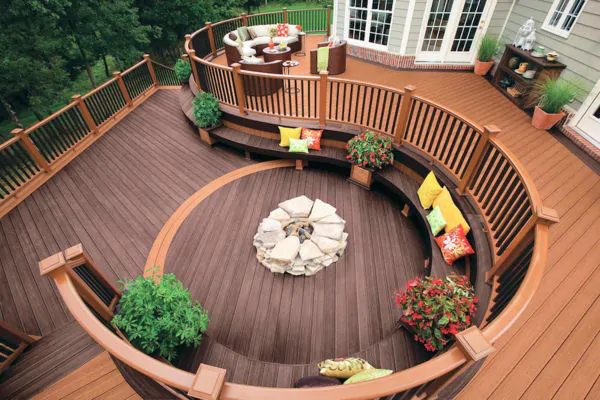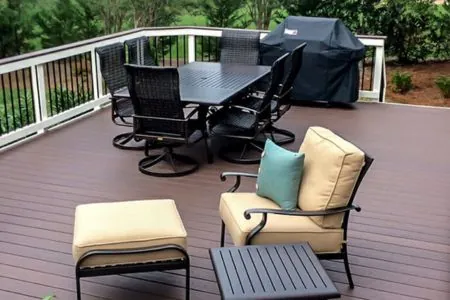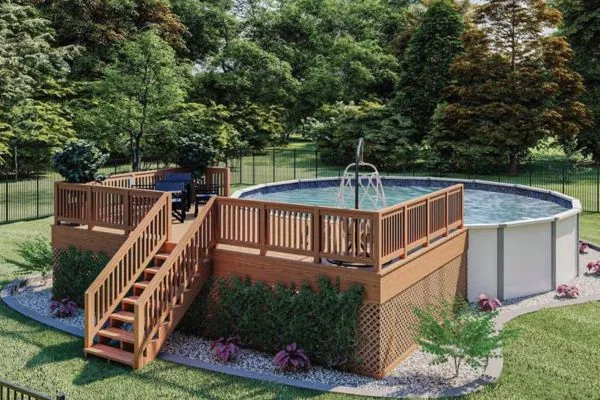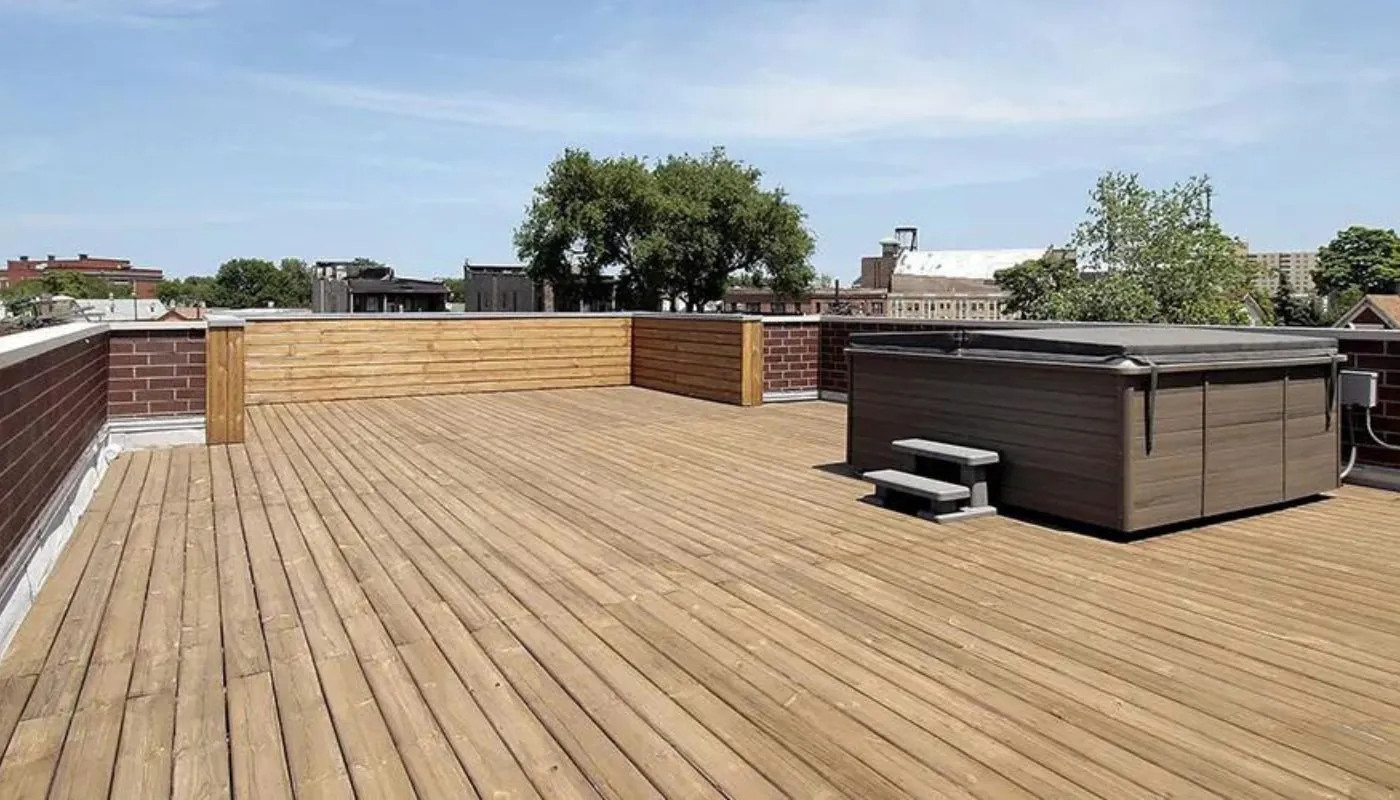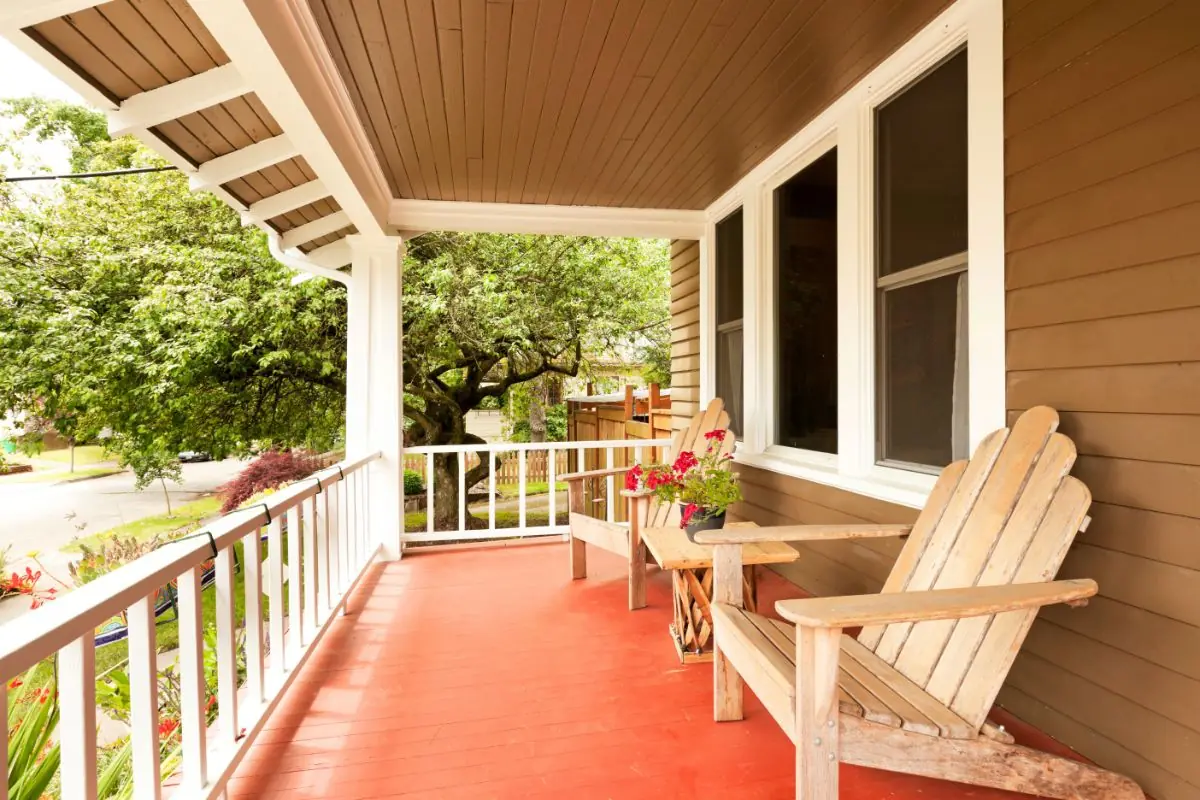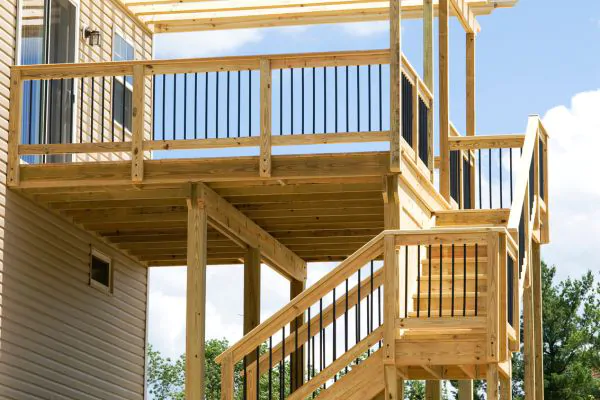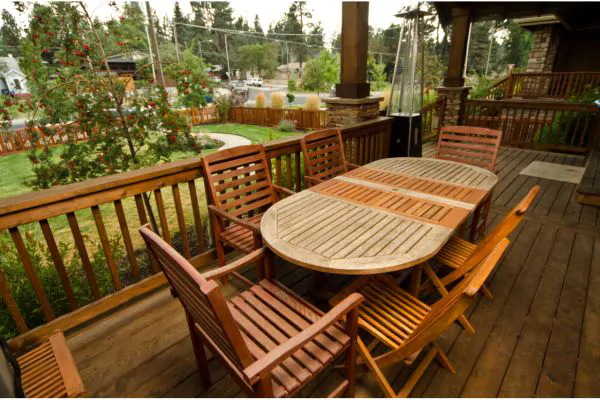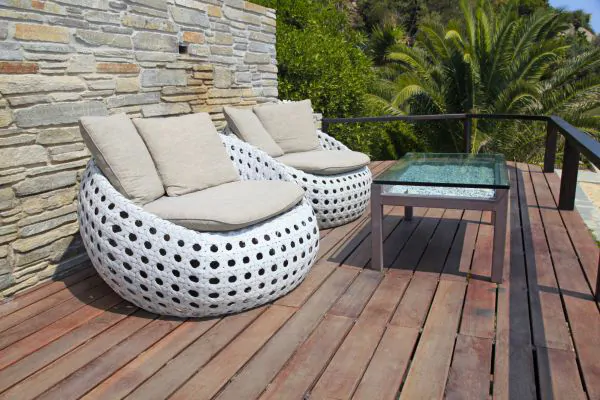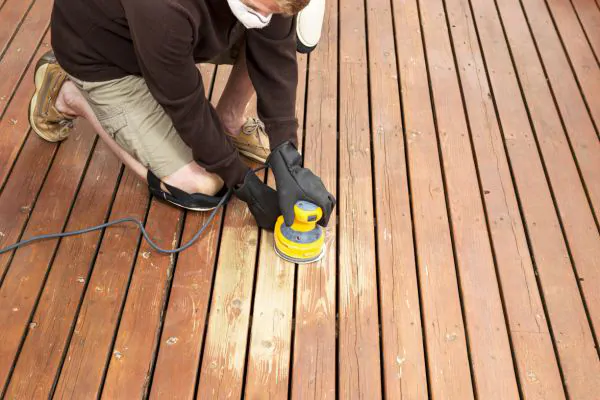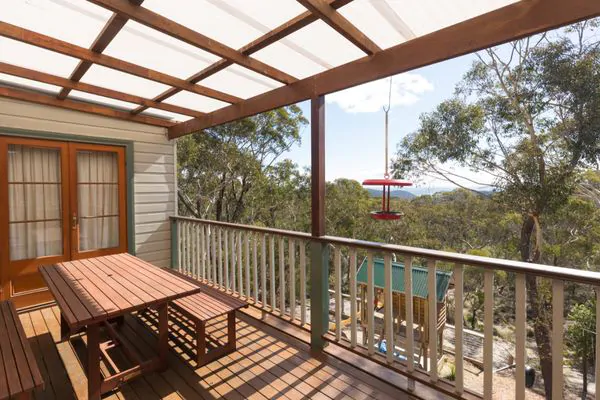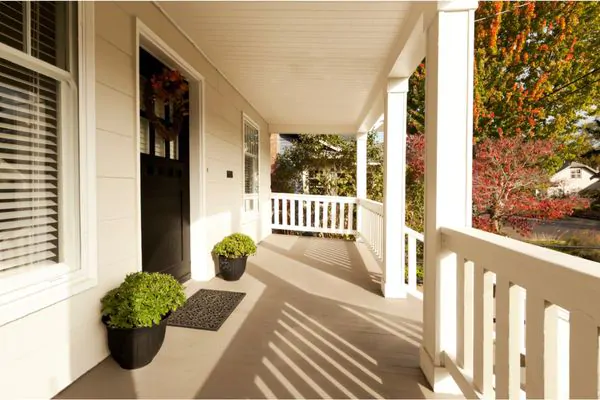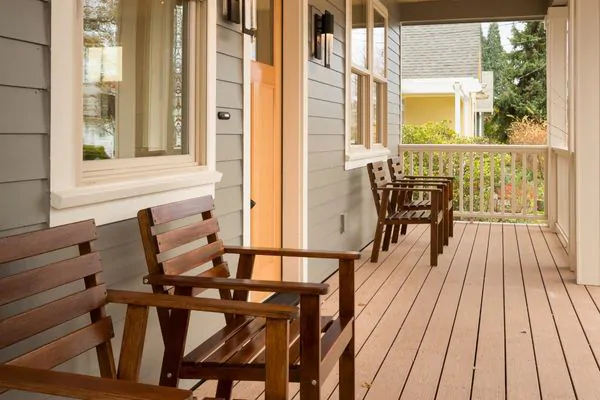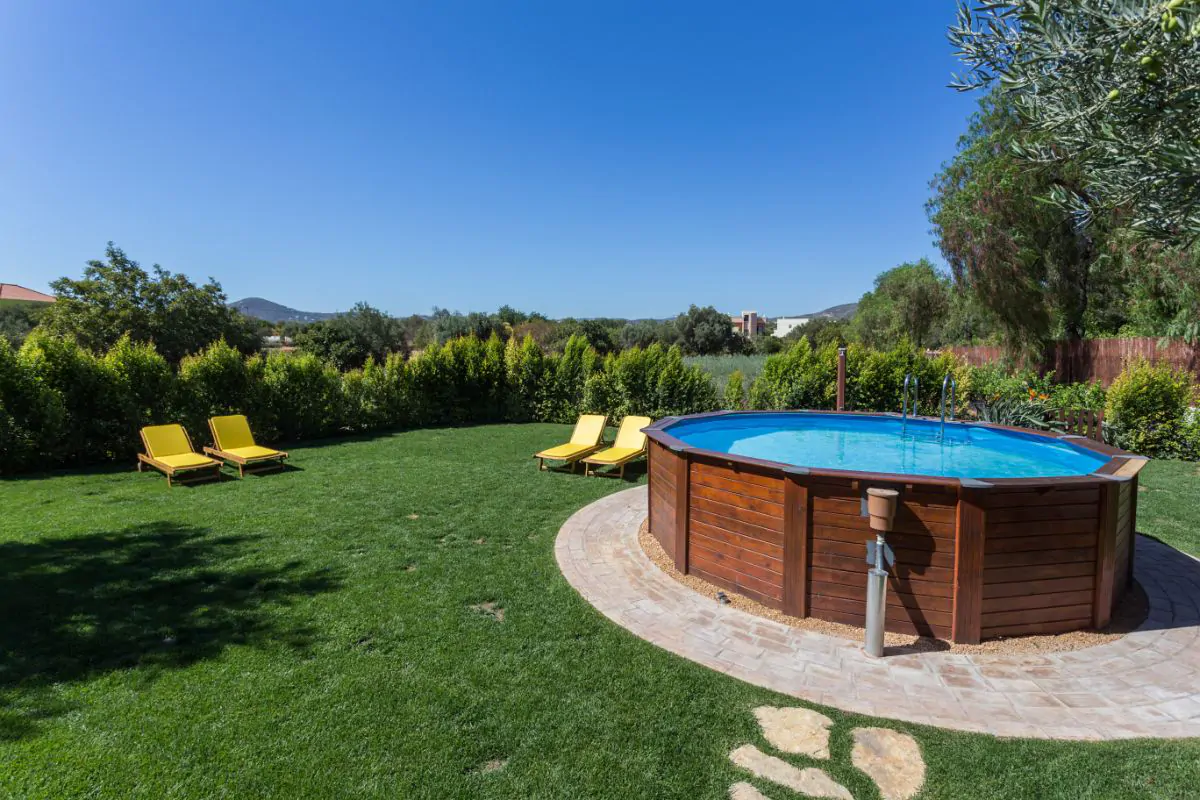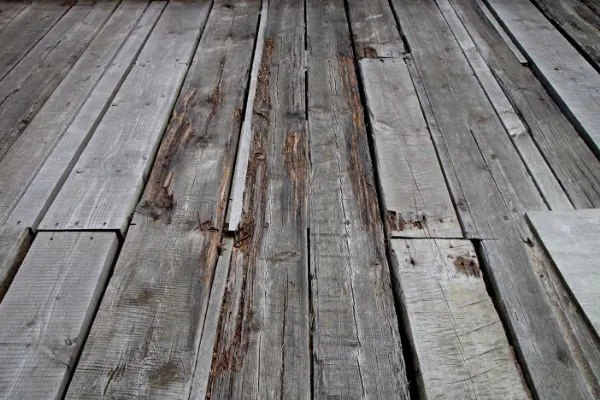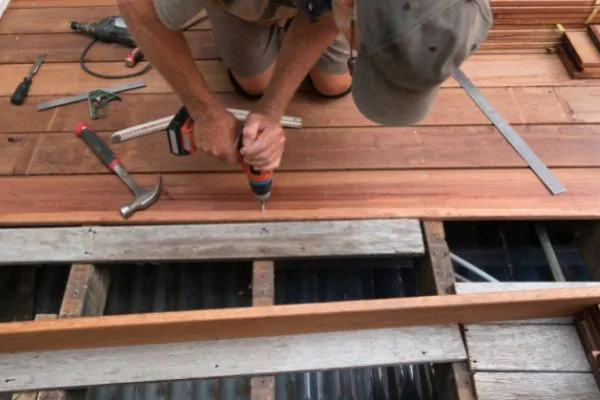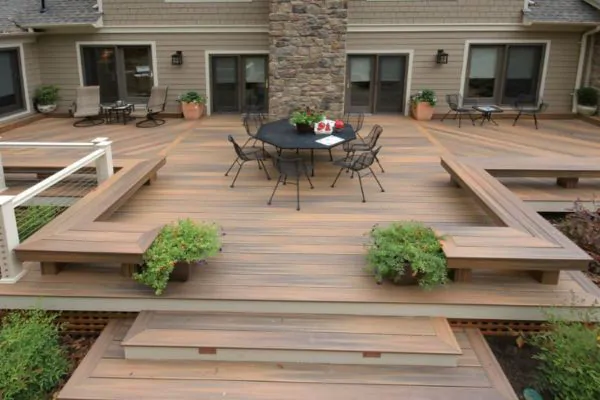
Creating an outdoor oasis is a dream for many homeowners, and selecting the right decking material is a crucial decision that will affect many things to come. And it must be based on the individual’s needs and preferences. This article will discuss the pros and cons of two common deck types. Composite vs. wood deck, what is your bet?
We will delve into the timeless appeal of wood decks and the maintenance they require, as well as explore how composite decking stacks up against wood in terms of durability and longevity.
Furthermore, we will assess the environmental impact of both materials and discuss the sustainability aspects involved. Lastly, we will weigh the cost factors to help you determine which is the right investment for your needs.
Exploring the Timeless Appeal of Wood Decks and Their Maintenance Requirements
Wood decks have an undeniable charm that adds a touch of warmth and natural beauty to any outdoor space. Their timeless appeal and classic aesthetics have made them a popular choice among homeowners for generations. The unique grain patterns, rich colors, and organic texture of wood create a warm and inviting atmosphere that is difficult to replicate with other materials.
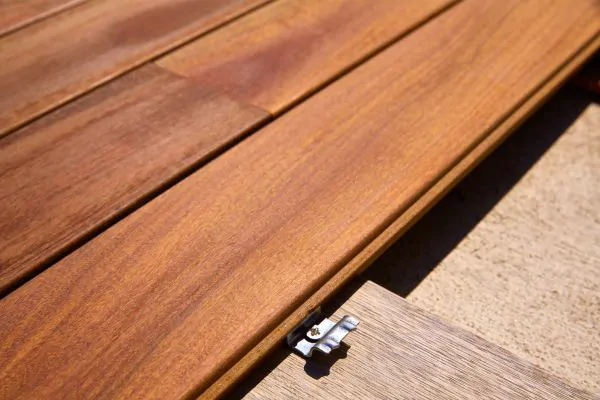
However, it’s important to understand that wood decks require regular maintenance to keep them looking their best and to ensure their longevity. Regular sealing, staining, and periodic inspections for rot or insect damage are necessary to protect the wood from the elements.
Additionally, wood decks may need to be sanded or refinished periodically to restore their original luster and beauty.
While the maintenance requirements of wood decks can be demanding, the enduring appeal and natural allure they bring to your outdoor oasis make it a worthwhile investment for those seeking a classic and authentic look.
How Composite Decking Holds Up Against Wood
Composite decking has gained popularity as a durable and low-maintenance alternative to traditional wood decks. Made from a combination of wood fibers and recycled plastic, composite decking offers several advantages over wood.
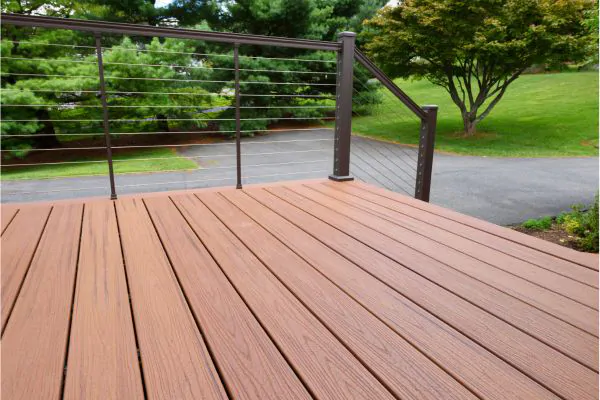
One key benefit is its resistance to rot, decay, and insect damage, eliminating the need for regular maintenance and treatments. Composite decking also withstands harsh weather conditions, such as moisture, UV rays, and temperature fluctuations, without warping or splintering.
Additionally, composite decking retains its color and appearance over time without fading or requiring staining or sealing. This longevity and durability make composite decking a reliable choice for those seeking a hassle-free and long-lasting deck solution, providing peace of mind and extended enjoyment of your outdoor oasis.
Environmental Impact: Comparing the Sustainability of Composite and Wood Decking
When considering the environmental impact of decking materials, both composite and wood have distinct characteristics to evaluate. Wood is a natural and renewable resource, with responsible forestry practices ensuring its sustainability. However, the extraction, transportation, and processing of wood can contribute to deforestation and carbon emissions.
On the other hand, composite decking is often manufactured using recycled materials, reducing the demand for virgin resources. It also eliminates the need for chemical treatments, such as staining or sealing, which can harm the environment. However, the production of composite materials requires energy and generates waste.
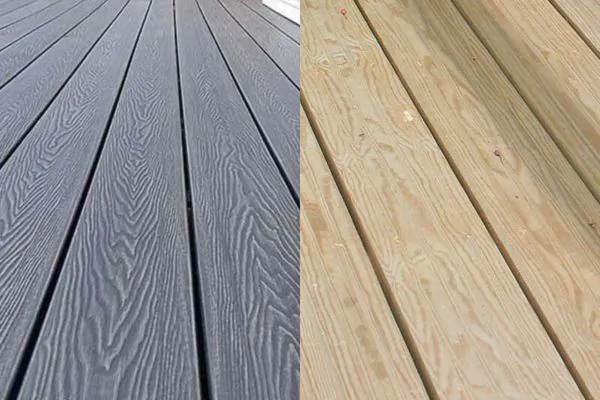
Ultimately, the sustainability of your decking choice depends on factors like sourcing practices, manufacturing processes, and end-of-life disposal. Opting for responsibly sourced wood or composite decking made from recycled materials, and ensuring proper maintenance and disposal practices, can help minimize the environmental impact of your outdoor oasis while creating a sustainable and eco-friendly space.
Budget-Friendly or Long-Term Investment? Cost Factors Explained in Composite vs. Wood Decks
When it comes to cost considerations, both composite and wood decks have distinct factors to take into account. The cost of composite vs wood deck requires some consideration.
Here’s why:
Wood decks are generally more affordable upfront, with lower material costs and easier installation. However, it’s important to factor in the long-term expenses associated with deck maintenance and repairs. Wood decks require regular staining, sealing, and potential repairs due to rot or insect damage, which can add up over time.
On the other hand, composite decking often has a higher upfront cost due to the advanced materials used. So, is composite deck cheaper than wood? No, it’s not.
However, it offers significant savings in the long run. Composite decks are virtually maintenance-free, eliminating the need for costly treatments and repairs. They also have a longer lifespan and better resistance to wear and tear, ensuring durability and reducing the need for replacemen
Composite vs Wood Deck Resale Value
The resale value depends on the market, but if you want to play it safe, you should opt for a composite deck. It requires less maintenance and will last longer than a wood deck. This allows it to be more appealing to buyers.
Conclusion
Is composite better than wood? That depends on your preferences and expectations. Whatever your choice is, you’re going to need a reliable deck building contractor to do the job for you. If you still need some guidance, you can call us at 208-536-8966, and we’ll answer all your questions.

